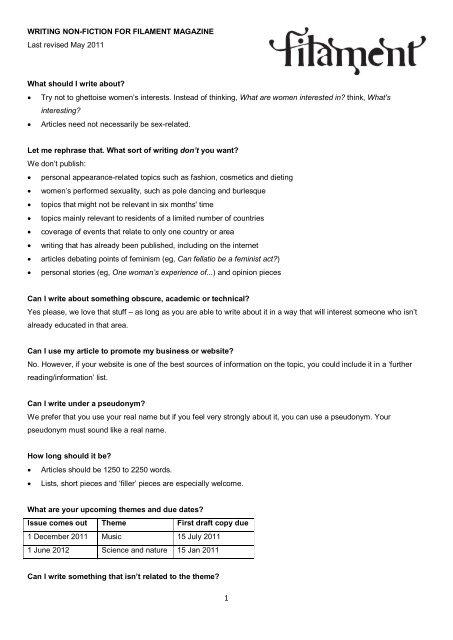Title: France Withdraws From Senegal, Marking the End of Its Permanent Military Presence in West Africa
In a significant shift in military strategy, France has officially withdrawn its forces from Senegal, concluding decades of continuous military presence in West Africa. This move, confirmed by the French government, signals not only a re-evaluation of France’s role in the region but also reflects the evolving dynamics of security and geopolitical interests in West Africa. With security concerns mounting in the region, including the rise of extremist groups and increasing anti-colonial sentiment, the departure underscores a critical juncture in Franco-African relations. This article explores the implications of France’s military withdrawal for both Senegal and the broader West African landscape, as well as the potential consequences for regional stability and international partnerships.
France’s Strategic Withdrawal from Senegal and its Implications for West African Security
France’s recent decision to withdraw its permanent military presence from Senegal marks a significant turning point in the geopolitical landscape of West Africa. This move, seen as a culmination of growing anti-French sentiment across the region, raises critical questions about the balance of power and security dynamics among West African nations. The implications of this withdrawal extend far beyond just military presence; it could lead to a vacuum that might be exploited by extremist groups or neighboring states seeking to expand their influence.
The potential fallout from France’s departure may include:
- Increased Instability: The absence of French troops could embolden terrorist factions like AQIM and Boko Haram, which previously faced constraints due to foreign military presence.
- Regional Power Shift: A power vacuum may prompt countries like Russia or China to enhance their involvement in West Africa, potentially altering existing alliances.
- Domestic Political Ramifications: Local governments may face increased pressure to manage security independently, which could lead to either improved cooperation among regional forces or a rise in authoritarian measures.
| Security Challenges | Possible Reactions |
|---|---|
| Increased Terrorism | Military Alliances Strengthened |
| Border Instability | Increased Regional Cooperation |
| Economic Disruption | International Aid Requests |
Assessing the Impact of France’s Exit on Regional Military Dynamics
The withdrawal of French troops from Senegal marks a significant shift in West Africa’s military landscape, reshaping alliances and defense postures across the region. France has traditionally been viewed as a stabilizing force in the fight against terrorism and political instability, often collaborating with local governments to bolster security. With its exit, there are growing concerns regarding the potential power vacuum that may be created, which could embolden militant groups previously contained under the protective umbrella of French military support.
Key implications of this military realignment include:
- Increased Local Defense Initiatives: Countries may enhance their military capabilities and seek to establish independent security arrangements.
- Shifting Alliances: Regional partnerships may evolve, with nations potentially turning to other global powers for support.
- Heightened Instability: The risk of violence and unrest may rise as local forces adapt to a new security paradigm without French assistance.
As the geopolitical landscape transforms following France’s departure, the potential rise of alternative influences should not be overlooked. Russia and China, among others, may seize the opportunity to deepen their engagement in West Africa, potentially fostering military cooperation and security arrangements that could further complicate the region’s dynamics. Monitoring regional responses will be essential to gauge the immediate and long-term impacts on national security and sovereignty across the Sahel and beyond.
In summary, the exit of France from Senegal fundamentally changes the military calculus in West Africa, posing both challenges and opportunities for regional states as they navigate a complex post-French era.
Recommendations for Strengthening Senegal’s Defense Posture Post-Withrawal
As Senegal embarks on a new chapter in its defense strategy following the departure of French forces, the government must prioritize the development of independent defense capabilities. This includes investing in modern military technologies, enhancing local defense industries, and fostering partnerships with other nations for intelligence and tactical assistance. By establishing a comprehensive training program for its armed forces, Senegal can ensure that its military personnel are well-prepared to handle evolving security challenges. Additionally, a focus on regional collaborations, such as strengthening ties with neighboring countries, will be essential for fostering a collective security approach in West Africa.
Furthermore, the Senegalese government should prioritize community-based initiatives that engage civilians in national security efforts. Building awareness and resilience among local populations can create a united front against threats such as terrorism and organized crime. The establishment of a program aimed at integrating community leaders and youth groups into security dialogues can empower citizens to take an active role in safeguarding their neighborhoods. To reinforce these efforts, the government might consider the creation of a national defense advisory board that incorporates diverse voices and perspectives, ensuring that its policies reflect the needs and aspirations of the Senegalese people.
Closing Remarks
In summary, France’s decision to withdraw its permanent military presence from Senegal marks a significant shift in its historical ties to West Africa. This move not only reflects evolving geopolitical dynamics but also indicates a changing security landscape in the region. As the French government seeks to recalibrate its approach to military engagements abroad, Senegal and its neighbors will need to navigate the implications of this withdrawal on their own security strategies and regional stability. As discussions around sovereignty, colonial legacies, and international partnerships continue, the future of Franco-African relations remains uncertain. The broader implications of this major transition will be closely watched as nations in West Africa adapt to a new era of independence and self-determination.

